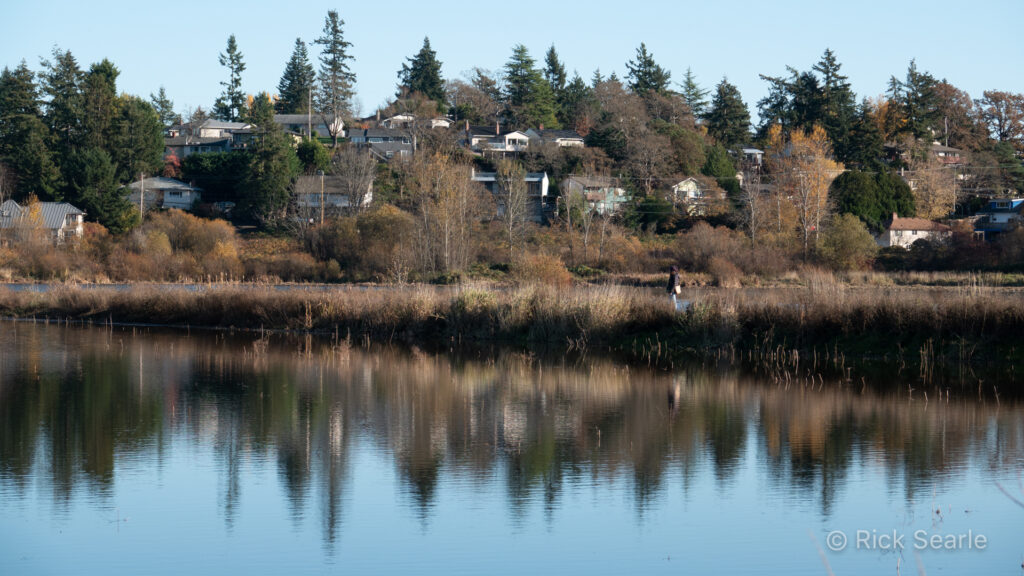
Mayor and Council
District of Saanich
770 Vernon Ave.
Victoria, BC, V8X 2W7
Re: Preserving King’s Pond and Jenkins Pond
Dear Saanich Mayor and Council,
On behalf of the Victoria Natural History Society, I am writing to say how pleased we are that Saanich has acquired, through a generous donation, the area called Jenkins Pond Park, which adjoins King’s Pond. We would like to encourage you to go one step further and declare King’s and Jenkins Ponds as, either a Conservation Area similar to Rithet’s Bog or a Nature Sanctuary similar to Swan Lake.
The Victoria Natural History Society is a completely volunteer community organization with a 75 year history in the region and as many as 750 members currently, many of whom are residents of Saanich. Our goals are:
- To stimulate an active interest in natural history;
- To study and protect flora and fauna and their habitats; and
- To work with other societies and like bodies having interests in common with the Society.
Not surprisingly, we take an active interest in regional land use decisions that could adversely impact wildlife and its habitat. It should also be pointed out that the value of a wetland, like King’s Pond, goes well beyond just providing habitat for migratory birds and other wildlife. As many municipalities are discovering, protecting and restoring wetlands also makes good economic sense, as shown through the Municipal Natural Asset Initiative. It employs tools to put a value on nature’s ability to provide municipal services, such as water purification, flood reduction, water supply and erosion control. Today, eleven municipalities across Canada have signed on to the initiative, including Nanaimo and Courtney, which is leading to more wetlands and other natural ecosystems being restored and protected.
According to Ducks Unlimited, up to 80% of the original wetlands along Vancouver Island’s east coast have been destroyed. Within the Greater Victoria region, as much as 70% of the wetlands have been drained and filled in. Action to protect and restore wetlands within the region is urgently needed. VNHS had requested 50 years ago in 1969 that the riparian area north of Kings Pond in the Cedar Hill Park be purchased by Saanich as a wild-life area.
The District of Saanich has a generally well-deserved reputation as an environmentally sensitive steward of public lands. In particular, we applaud the establishment of the Resilient Saanich Technical Committee with the sweeping mandate to “restore and protect air, land, and water quality, the biodiversity of existing natural areas and ecosystems, the network of natural areas and open spaces, and urban forests.” The addition of Jenkins Pond and further designating it as a Conservation Area or Nature Sanctuary would be an excellent opportunity to demonstrate a further commitment to this mandate.
Thank you for your attention,
Sincerely,
Philip Lambert
President
Victoria Natural History Society
president@vicnhs.bc.ca
 Oct. 23, 2020
Oct. 23, 2020
